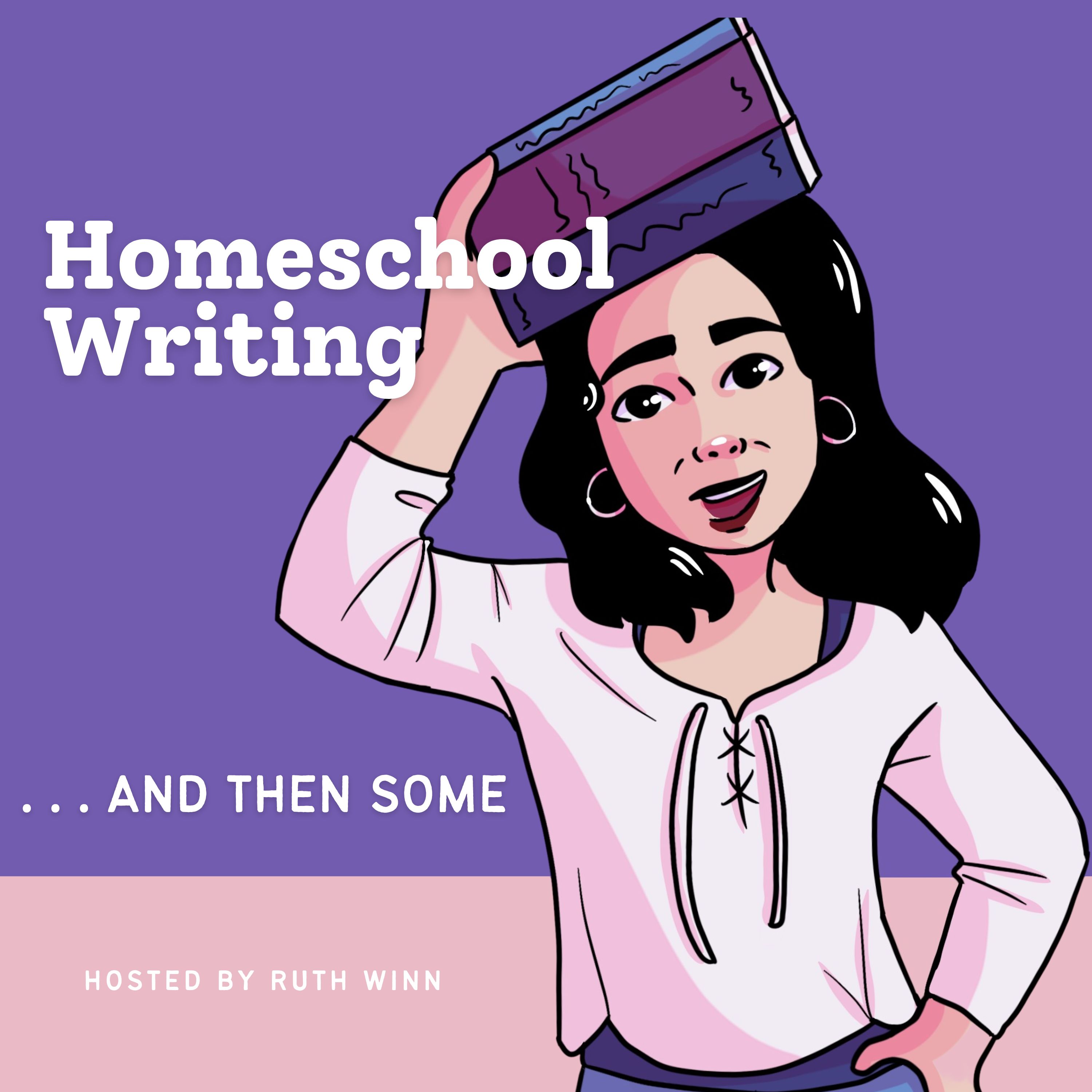Imagine watching a thrilling movie that suddenly ends without wrapping up the storyline. Frustrating, right?
An essay without a strong conclusion feels like that: unsatisfying, incomplete.
Maybe your student is the exception, but I can tell you that most of the students I teach stumble over conclusions. Even strong writers often fail to make the last impression a good one.
This is not surprising: conclusions can be tricky to write. Believe me, I know. Conclusions are what always tripped me up in my own writing. But not anymore, because, finally, I understand the purpose of a conclusion and what my goal should be in writing it.
And that is what I am sharing with you in this episode today. So if you are a little fuzzy about the purpose of conclusions or how to direct students in writing them, then get ready to be amazed by this powerful content. Seriously, it is that good.
In this episode, I discuss
- what most people get wrong about the purpose of a conclusion
- the words that absolutely should NOT appear at the beginning of a conclusion
- why synthesis is more important than summary (and don’t worry, I’ll explain what synthesis means)
- the three questions that your conclusion should answer
- one easy strategy to create an elegant ending
Plus so much more, including plenty of examples.
Links Mentioned
The Writing Center at the University of North Carolina at Chapel Hill
